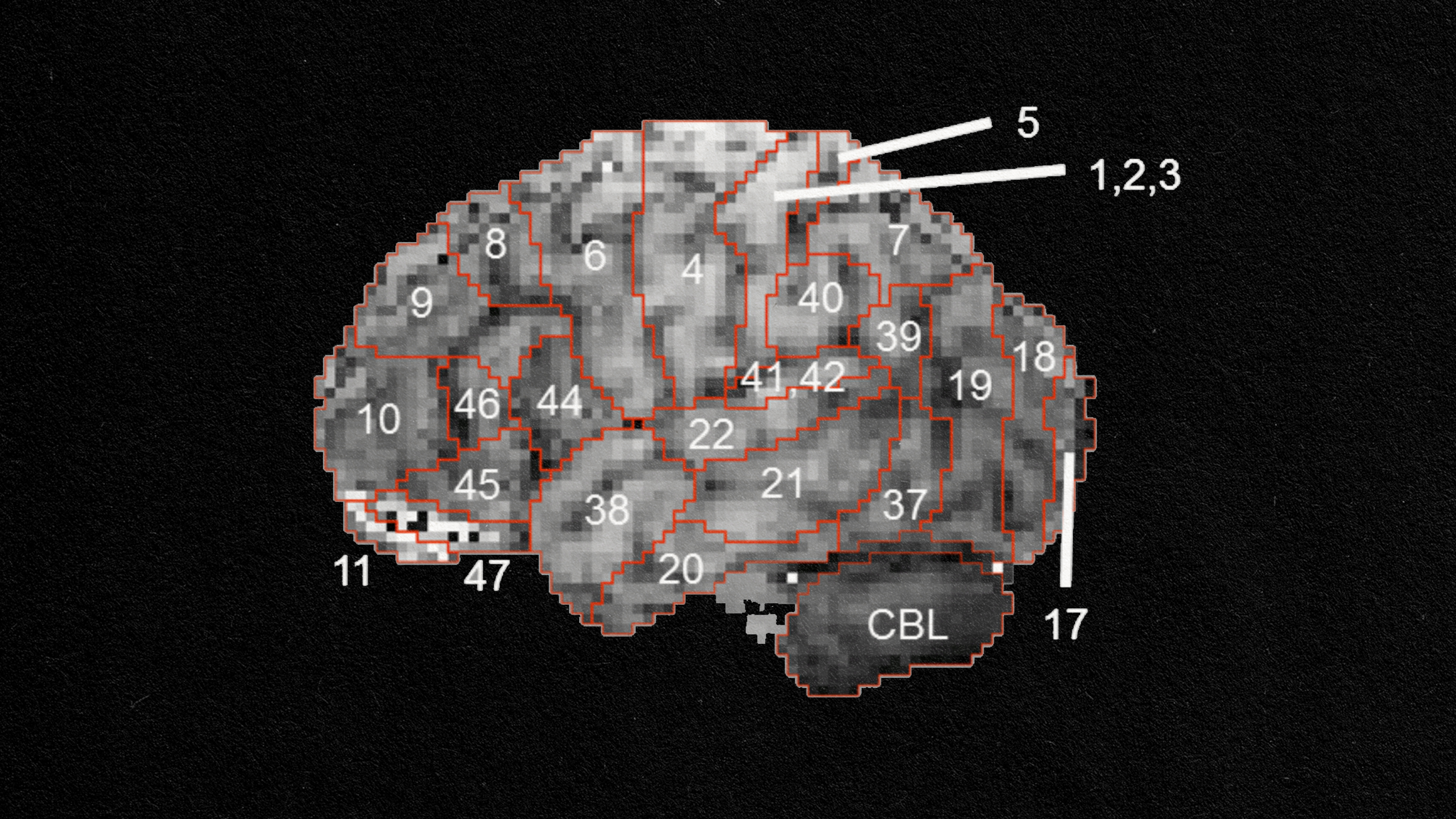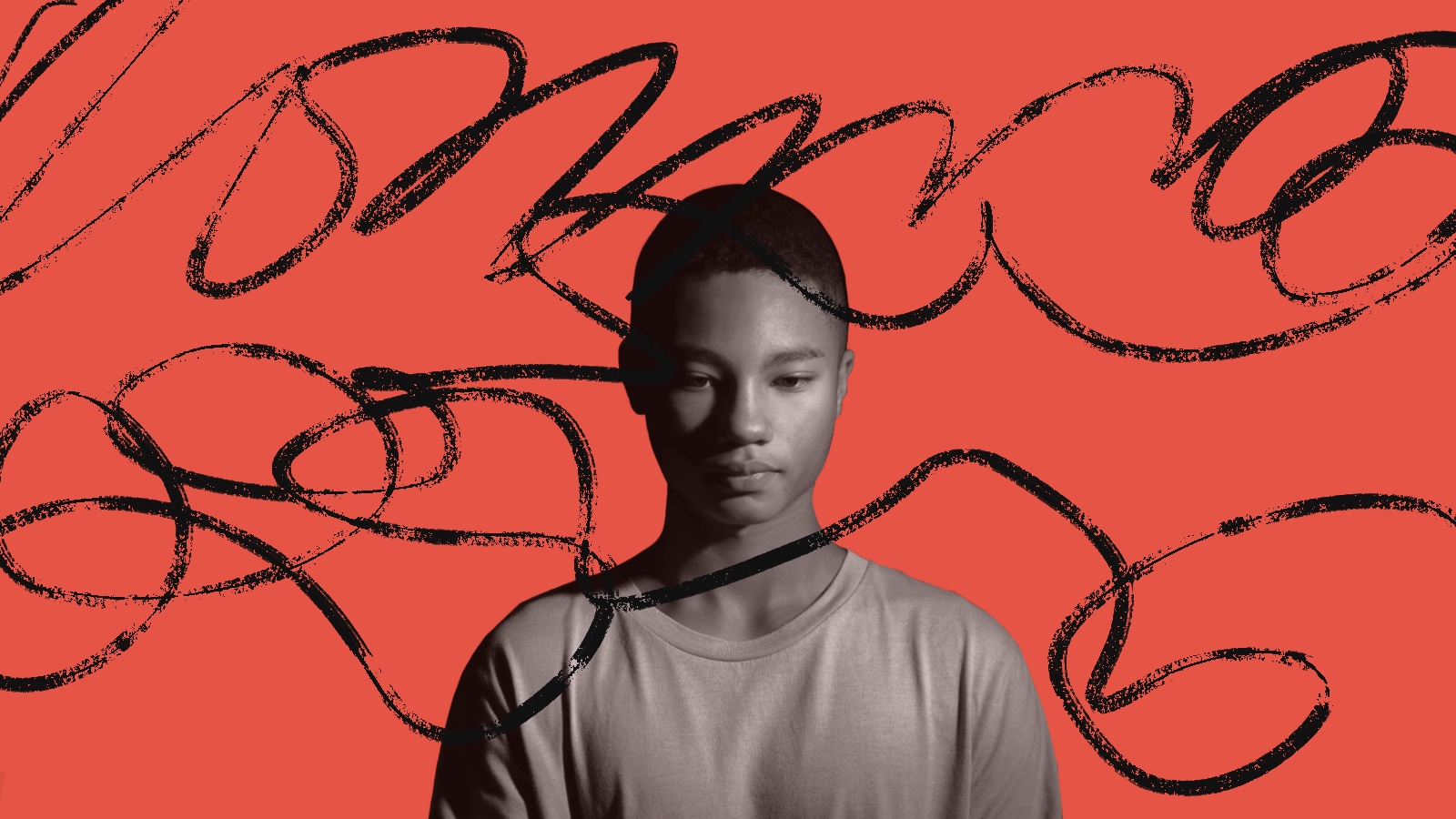Study of 20,000 finds an income advantage for those judged to be very unattractive

Do chiselled features garner better pay? Researchers have previously found that income is associated with attractiveness, leading to the idea of both a beauty premium and an ugliness penalty. A common explanation is discrimination: employers seek out beautiful people and reject or ignore those harder on the eye. But in the Journal of Business Psychology, Satoshi Kanazawa and Mary Still have published research aiming to upset this. The biggest takeaway is that being perceived as very unattractive may not incur an income penalty at all.
The researchers drew on a longitudinal study of 20,000 young Americans, interviewed at home at age 16 and then on three more occasions up to the age of 29. Each time the interviewer rated the person’s physical attractiveness, from very unattractive to very attractive. While previous research often collapses below-average scores into one category, this research treated them separately, which turns out to be important.
Kanazawa and Still wanted to see whether the participants’ gross earnings at 29 were associated with their physical attractiveness at that or any previous age. Overall, there was a positive association between attractiveness and earnings. But there was an anomaly: very unattractive participants kept bucking the trend.
Those participants who were rated very unattractive at age 29 were earning significantly more than people judged more attractive than them, including (though to a lesser extent) the very attractive. For attractiveness measures earlier in life, which allow more persuasive claims of causality, echoes of this pattern were present, as the very unattractive went on to earn significantly more at age 29 than those who were earlier rated unattractive, and they earned in the same region or even slightly more than those who were earlier rated as attractive.
The correlation between extreme unattractiveness and higher pay remained using median earnings and looking separately at men and women. The authors argue this is hard to square with the usual discrimination explanation for why attractiveness (or lack of it) is associated with income. After all, why would employers be less discriminatory towards the worst-looking people?
An alternative explanation is that the highly unattractive and attractive each favour different high-value industries. But this wasn’t supported by the data – even within a given industry, those rated very unattractive still achieved higher incomes than their more attractive counterparts.
Kanazawa and Still prefer an explanation for the attractiveness-income link that is tied into Kanazawa’s focus on evolutionary psychology and his sometimes controversial interest in the biological significance of attractiveness.
Kanazawa reasons that attractive people earn more because facial attractiveness is a marker of better developmental health, which in turn correlates with more intelligence, advantageous personality traits, and being stronger, fitter and taller – all factors that are associated with higher earnings. In this dataset, after accounting for these factors, the attractiveness–income link was no longer statistically significant, supporting Kanazawa’s claim that it’s these correlates of attractiveness that are driving the higher income for more attractive people, not their beauty per se. This analysis also accounted for some of the earnings benefit for the very unattractive, but not all of it – and why would it, if the assumption is that the unattractive should be less healthy developmentally, on average?
It seems likely to me that we are seeing two factors at work. One relates to the income advantage for increasingly attractive people, maybe the developmental health explanation, maybe something else, and then something separate is at work raising income for the very unattractive group.
As to what gives rise to the income advantage for the very unattractive group, the only speculation I can offer is that in this dataset the personality trait Openness to Experience – which is usually associated with higher pay – was surprisingly correlated with lower earnings and higher attractiveness, meaning it was the only “bad” trait associated with higher attractiveness.
Could this Openness-attractiveness association be an indicator that some of the very unattractive scored especially low on Openness, and were perhaps highly devoted to a specific topic area, pursuing it obsessively to the exclusion of all distractions and eventually entering the forefront of their field? We know that Openness correlates negatively with the passion component of “Grit”, so such effects are conceivable.
The very unattractive group was small, as extremes are in any population – just a few hundred participants – so we would want to investigate this again to see if these effectshold.For now, this research challenges assumptions about the potential for those born without conventional looks to find uncommon success.
Alex Fradera (@alexfradera) is Staff Writer at BPS Research Digest
This article was originally published on BPS Research Digest. Read the original article.





